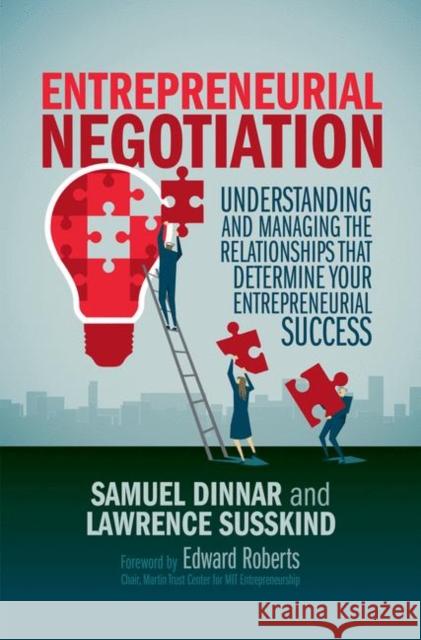Entrepreneurial Negotiation: Understanding and Managing the Relationships That Determine Your Entrepreneurial Success » książka
topmenu
Entrepreneurial Negotiation: Understanding and Managing the Relationships That Determine Your Entrepreneurial Success
ISBN-13: 9783030064563 / Angielski / Miękka / 2019 / 225 str.
Entrepreneurial Negotiation: Understanding and Managing the Relationships That Determine Your Entrepreneurial Success
ISBN-13: 9783030064563 / Angielski / Miękka / 2019 / 225 str.
cena 181,11
(netto: 172,49 VAT: 5%)
Najniższa cena z 30 dni: 146,48
(netto: 172,49 VAT: 5%)
Najniższa cena z 30 dni: 146,48
Termin realizacji zamówienia:
ok. 16-18 dni roboczych.
ok. 16-18 dni roboczych.
Darmowa dostawa!
Kategorie BISAC:
Wydawca:
Springer Nature Switzerland AG
Język:
Angielski
ISBN-13:
9783030064563
Rok wydania:
2019
Wydanie:
Softcover Repri
Ilość stron:
225
Waga:
0.41 kg
Wymiary:
23.37 x 22.86 x 1.02
Oprawa:
Miękka
Wolumenów:
01











